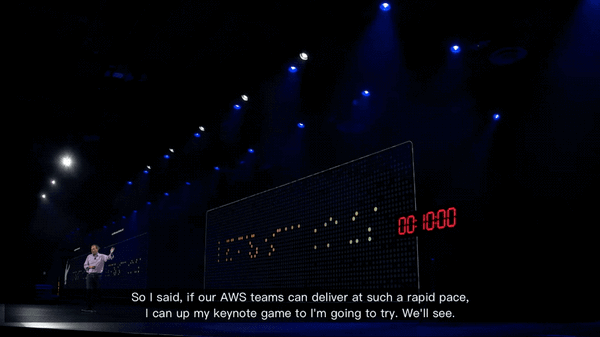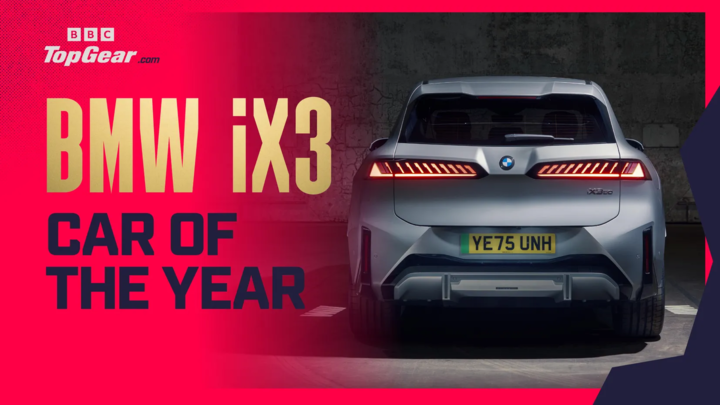Content Creator Planner for Consistent Audience Growth
Learn how to build a content creator planner to boost audience growth with clear goals, scheduling, batching, and engagement strategies.
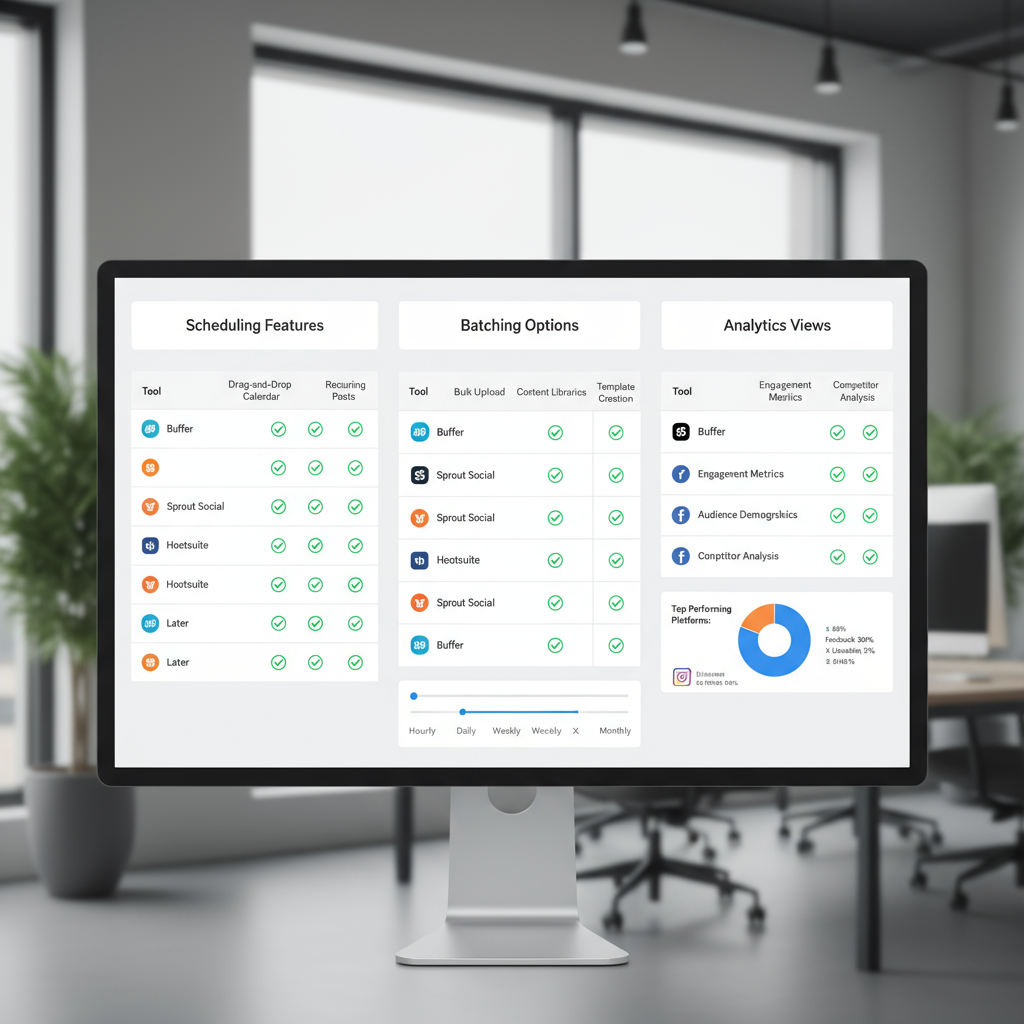
Content Creator Planner for Consistent Audience Growth
In today’s competitive digital landscape, building and maintaining an engaged audience requires more than sporadic posts or random inspiration. A content creator planner is a foundational tool that helps you streamline your creative process, maintain consistency, and measure growth effectively. By integrating clear goals, structured scheduling, and performance tracking, you can turn content creation into a strategic, sustainable activity that fuels long-term audience engagement.

Below is a step-by-step guide to creating and optimizing your own content creator planner for sustainable growth, improved productivity, and reduced burnout.
---
Define Your Content Goals
Before you publish a single post, clarify your purpose. Common goals include:
- Brand awareness: Boost recognition within your niche.
- Lead generation: Drive traffic to your site, offer, or service.
- Monetization: Generate income via ads, sponsorships, affiliates, or products.
Your content creator planner should align with these priorities to ensure every piece of content supports your objectives. For example, if monetization is primary, focus on formats that attract your ideal paying audience.
---
Identify Your Target Audience and Content Pillars
Know your audience deeply: their demographics, interests, and challenges. Then establish content pillars—core themes that resonate with them and align with your brand.
Example content pillars for a fitness creator:
- Workouts & Training Tips
- Nutrition Advice
- Mindset & Motivation
- Gear Reviews
Content pillars provide both clarity and variety. Balance evergreen topics with time-sensitive material to maintain relevance.
---
Choose Primary Platforms Based on Audience Behavior
Not all social platforms will fit your audience or goals. Audit where your followers spend their time and what they consume:
- Short-form video: TikTok, Instagram Reels
- Long-form: YouTube, blogs
- Search-intensive: Pinterest, Google
Prioritize 1–3 main platforms to maximize efficiency and reach.
---
Create a Monthly Content Calendar Template
A monthly calendar keeps your strategy visual and actionable. Include:
- Posting dates/times
- Content type and format
- Keywords or hashtags
- CTAs
| Date | Platform | Content Pillar | Format | CTA |
|---|---|---|---|---|
| May 2 | Nutrition Advice | Reel | Sign up for free meal plan | |
| May 4 | YouTube | Workouts | Long-form video | Subscribe to channel |
| May 6 | Blog | Gear Review | Article | Affiliate link click-through |
---
Set Weekly Themes and Daily Posting Prompts
Weekly content themes create coherence; daily prompts eliminate indecision.
Week Theme: Home Workouts
- Monday: Motivational quote + story
- Tuesday: Full-body workout demo
- Wednesday: Nutrition tip
- Thursday: Audience Q&A
- Friday: Client success case study
- Saturday: Behind-the-scenes
- Sunday: Poll or quiz
---
Batch-Create Content for Efficiency
Batching improves productivity and creative focus:
- One day for filming/shooting.
- One day for editing/writing captions.
- One day for uploading/scheduling.
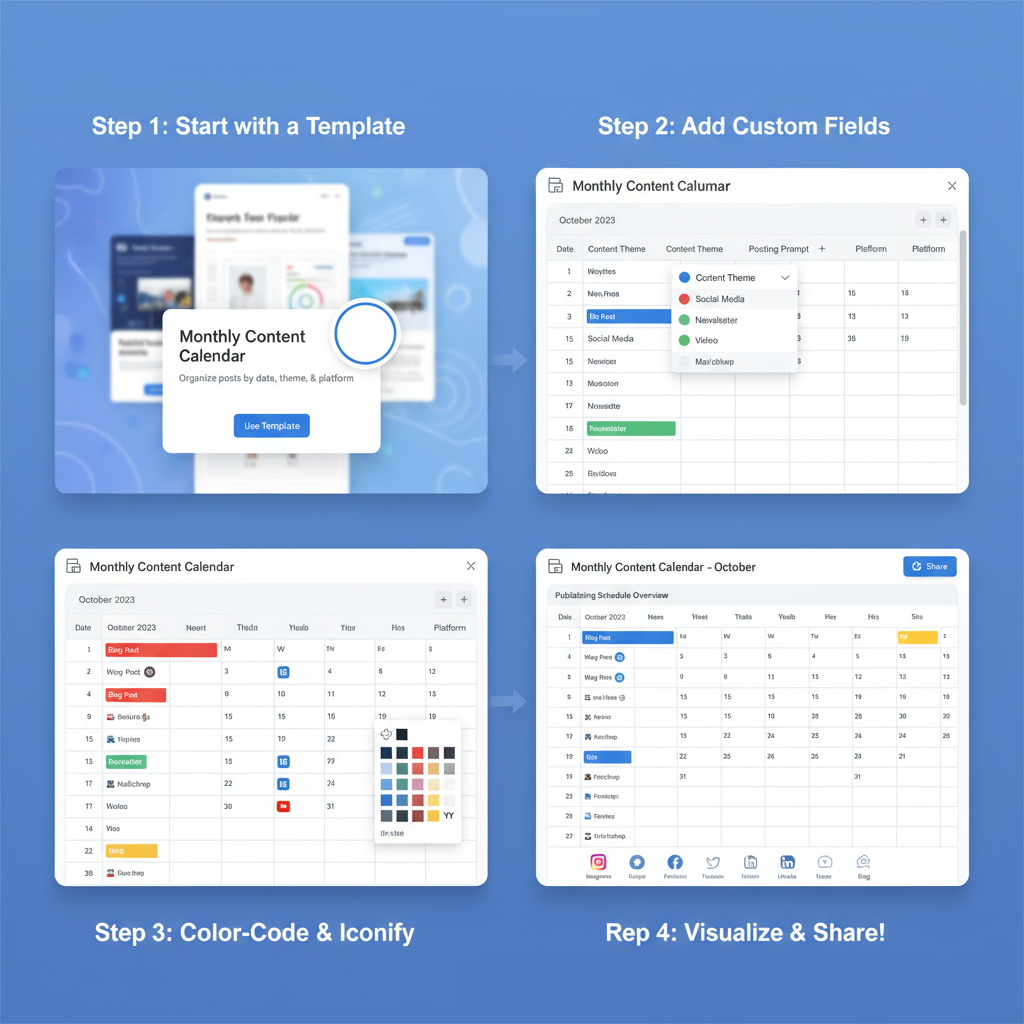
By working in batches, you avoid last-minute stress and maintain quality.
---
Schedule Posts Using a Social Media Management Tool
Platforms like Buffer, Later, or Hootsuite allow you to pre-schedule posts for optimal times. This ensures consistent posting, even on busy days.
Test various posting schedules and adjust based on analytics to find peak engagement periods.
---
Plan Engagement Windows for Responding to Comments and DMs
Audience interaction boosts trust and algorithmic reach. Allocate daily 15–30 minute blocks to:
- Answer DMs
- Reply to comments
- Participate in relevant groups
- Engage with other creators in your niche
Treat interaction time as a core task, not an afterthought.
---
Track KPIs and Review Weekly
Your content creator planner should include metrics tracking to measure progress.
Key metrics to monitor:
- Reach: Unique viewers
- Engagement rate: Interactions ÷ reach
- Conversions: Clicks, sign-ups, purchases
| Week | Reach | Engagement Rate | Conversions |
|---|---|---|---|
| Week 1 | 15,000 | 4.2% | 35 |
| Week 2 | 18,500 | 4.8% | 40 |
Regular reviews help refine your strategy by identifying what works best.
---
Adjust Content Strategy Based on Analytics Insights
Don’t just collect data—act on it. Adjust monthly to:
- Replicate winning formats
- Drop underperforming styles
- Experiment with new topics based on audience trends
---
Keep a Creative Idea Bank for Future Posts
Store ideas as they arise to avoid “posting block.” Your bank might include:
- Headlines/hooks
- Potential shoot locations
- Trend notes
- Collaboration leads
---
Integrate Seasonal and Trending Topics Strategically
Plan content for predictable seasonal events and remain flexible for relevant trending topics.
Use your planner to block out:
- Holiday content in advance
- Open slots for trend-driven posts
---
Include Self-Care and Downtime to Avoid Burnout
Balanced schedules lead to long-term creativity. Include:
- Non-content days off
- Hobbies unrelated to work
- Mental and physical self-checks
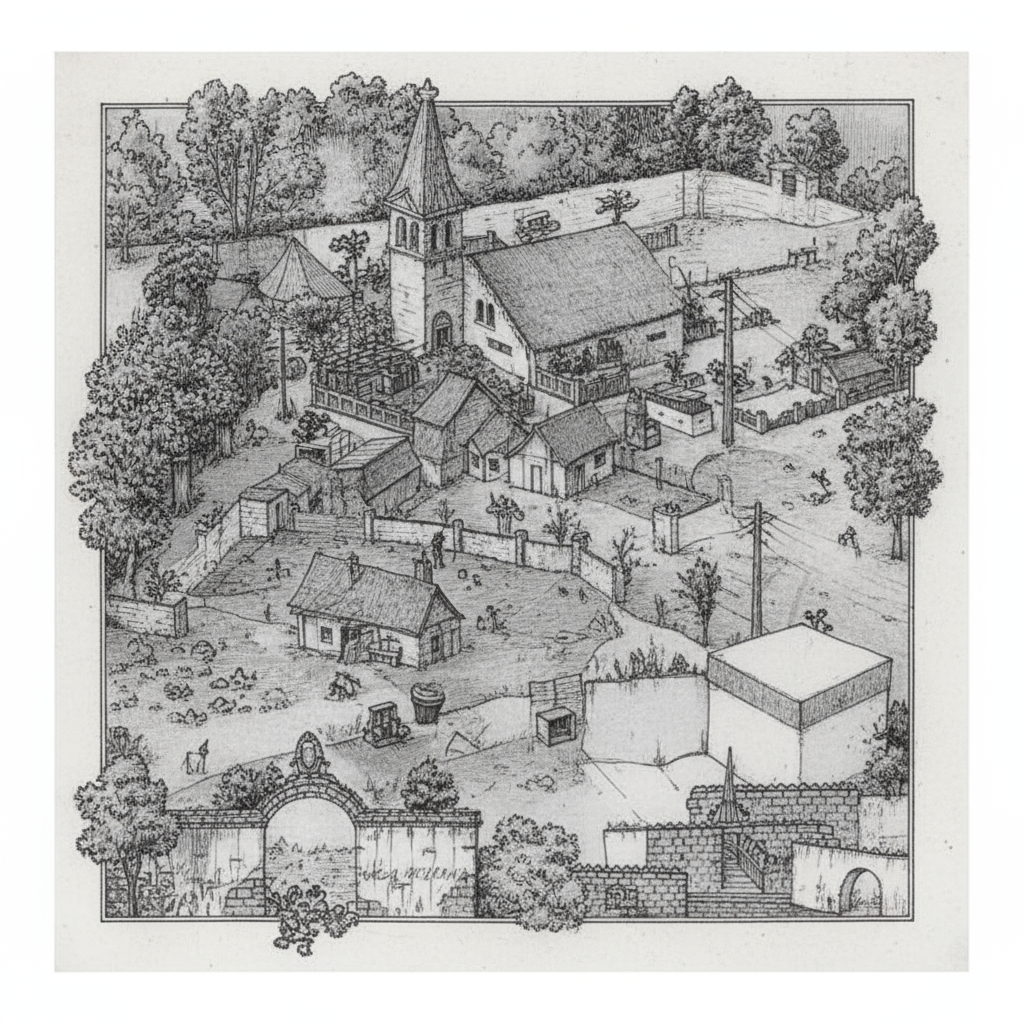
---
Conclusion
A content creator planner isn’t just a calendar—it’s your growth blueprint. From setting clear goals and defining your audience to scheduling, batching, and analyzing results, this planning approach ensures consistent output and sustainable momentum.
By committing to structure while leaving space for creativity, you can engage your audience more effectively and grow with purpose. Start building your own content creator planner today to take control of your creative process, boost productivity, and achieve measurable audience growth.


